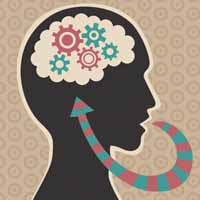Coping with Thinking Errors: Relapse Prevention Planning for PTSD and Substance Abuse
Trauma symptoms (PTSD) and substance problems often go hand in hand for many people and constitute a dual diagnosis or co-occurring treatment and recovery need. Symptoms of PTSD and of Substance Disorders occur in thoughts, feelings, nightmares, physiological symptoms, behaviors and sensory perceptions. People in recovery from Substance Disorders and co-occurring trauma can have an increase in […]
Coping with Thinking Errors: Relapse Prevention Planning for PTSD and Substance Abuse Read More »


